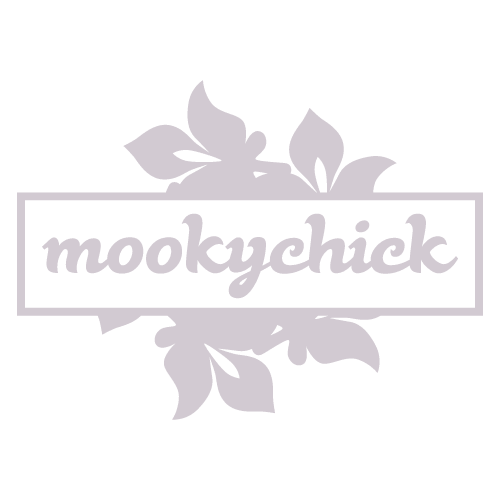Got milk? No thanks. Vegan vs dairy

Vegan vs Dairy: Got Milk? No thanks. A look at the dairy industry and the cons of drinking milk when you could get your nutrients in other, better ways.
Got Milk? Erm, I’d rather not, thanks.
For some reason, many hundreds of years ago, some strange (no doubt, to be fair, very hungry) person looked at an udder. They thought to themself, ‘I’m going to drink the first thing that comes out of that’, and the idea caught on.
Whilst I am not a scientist, industry expert or nutritionist, I aim to just highlight some issues surrounding the dairy industry and the effects of dairy consumption on the body. All the information I have found is from research, and common sense.
‘Dairy is good for you.’
If you’re a calf, then yeah. Much like us girlies produce milk when we have a baby, so do cows. Our milk is tailored especially for a human, with everything the baby needs to survive in its first few months. If we (for some bizarre reason) decided to give human milk to cows, the calf wouldnt have a chance of survival. Cow’s milk is made for calves, not people.
Around 75% of the world’s population is lactose intolerant, meaning they are genetically unable to digest dairy products. Strange that something that ‘experts’ claim is good for you, the majority of the population cannot digest. (Maybe it’s because we are not calves!) Milk consumption has been linked to cardiovascular disease, prostate and breast cancer (and possibly ovarian cancer), type 1 diabetes as well as other diseases.
‘But milk must be good for me, what about calcium?’
Because of the heavy promotion by the dairy industry, many people believe dairy is the only source of calcium, but it’s not. You can still meet all your calcium needs on a dairy free diet very easily. Calcium is found in soy beans, tofu, bok choy, broccoli, kale, Chinese cabbage and other dark green leafy vegetables.
Dairy and its ‘by-product’
Cows only produce milk when they’re pregnant, despite the really ignorant rumour that ‘cows constantly produce milk. If we didn’t milk them, their udders would explode.’ Someone genuinely said that to me once. In order for the milk industry to create the most amount of profit, cows are placed on a continuous cycle of pregnancy, so that they become living milk machines. This is a very uncomfortable process for cows, as they are not being allowed the normal amount of time between pregnancies.
Also, it won’t have escaped your attention that pregnancies usually result in an infant. This infant then becomes the ‘by product’ of the dairy industry, or veal. I believe that if you call yourself a vegetarian on the ground that you oppose the death and cruelty of animals, you may want to rethink that. If you are drinking milk, you are ultimately contributing to the veal industry.
Cows are sentient beings. They are not brain-dead milk machines. Unfortunately, it’s common for animals used within the dairy industry to end up brain damaged – they still become very distressed when their young are taken from them, which is completely understandable really.
What’s in milk?
Pus. Seriously. Especially in that inorganic stuff you tend to get in the supermarkets. A lot of milk producers give their cows ‘bovine growth hormone’ to make them produce more milk. This results in their cows becoming overburdened and contracting mastitis, a painful udder infection. Then, to try and control the rampant mastitis, the cows are given antibiotics. So here we’ve got pus, bacteria from mastitis, and now antibiotics. Doesn’t sound too tasty to me.
Dairy and the planet
Much like the meat industry, dairy farming has a negative impact on the environment. Conventional dairy farming depletes the naturally occurring nutrients in soil and uses huge quantities of fertilisers (fertilisers account for around 1% of the world’s energy consumption.)
Raising such a staggeringly large quantity of cows is also making the environment suffer. The energy used in producing cows is around 50% more than pigs or chickens, and cows are chucking out large quantities of methane which are lingering in the atmosphere around 22 times more effectively than CO2. That’s a lot of damage for a product we don’t need and ultimately isn’t good for us.
With all the dairy substitutes available, it’s now even easier to kick the habit. Soy and rice milk usually come with added calcium to make sure vegans get their share of minerals. So, if you’re concerned about your health, the way milk is produced, or its environmental impact, when someone asks if youve ‘got milk?’ be the one to say no.
Eating healthy vegan food
If you go vegan, you do need to work harder – at first – to make sure you’re getting all your nutrients. You’ll probably find you are eating less processed food, perhaps learning to cook more, and reading ingredients on labels. Is this such a bad thing? This article on being a
